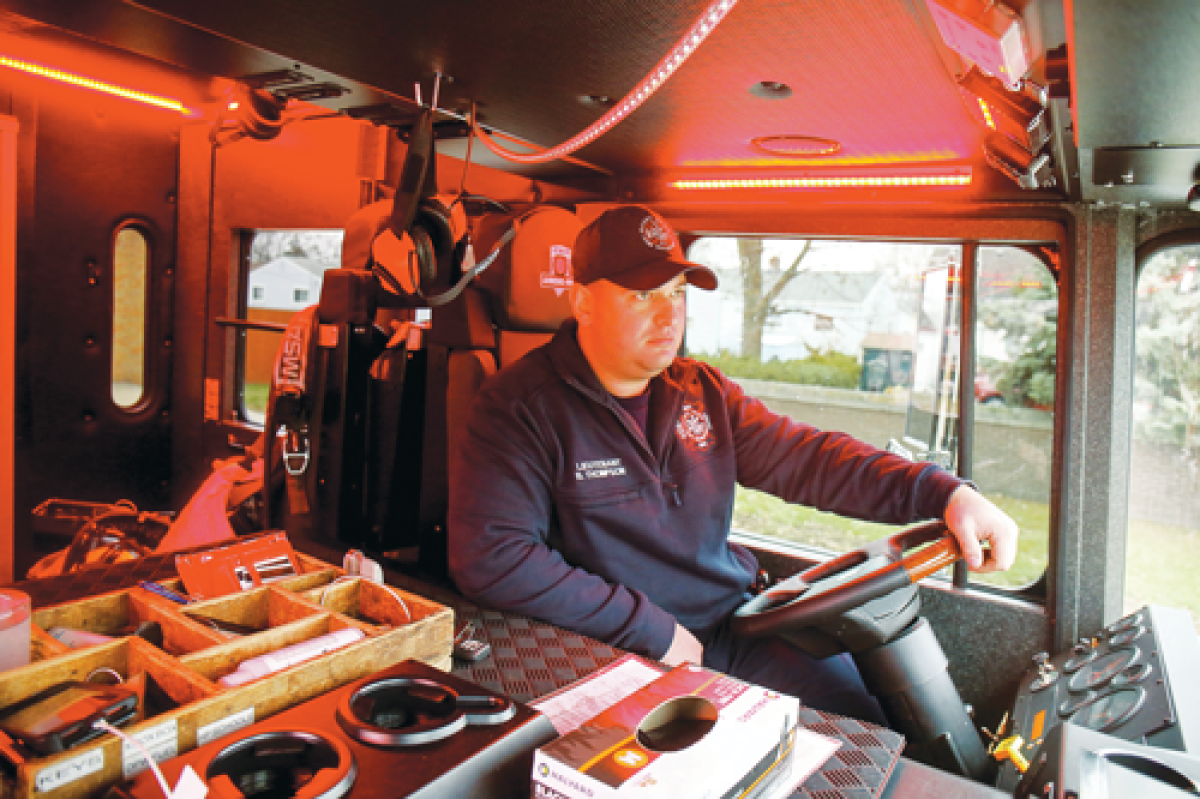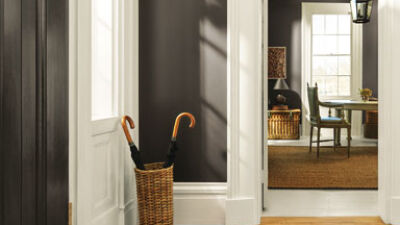METRO DETROIT — Michigan winters bring freezing cold and long nights, and residents respond by raising the thermostat and stringing up lights. But officials say all that power and heat leads to more home fires this time of year.
Many of those fires can be avoided with a bit of care.
“So many people are using electric space heaters, and then they’re running them off an extension cord drawing too many amps, which then short circuits their panel and starts a fire. Or their pipes freeze, and they try to thaw them out themselves, starting a fire in the crawlspace. So we do get more fires in the winter months,” Hazel Park Fire Chief Thomas Walker said. “And every few years, it seems, we’ll get a case where someone heats their home with a kerosene heater and tries to refill it while it’s still running, and the fluid hits part of the device that’s red hot, starting a fire.”
Space heaters, in particular, are responsible for one in every five residential fire deaths. Thomas said that you should keep any space heaters at least 3 feet away from any combustibles.
Electrical heaters should never be left unattended, and they should be turned off when leaving a room or going to bed. As for gas heaters, they shouldn’t be used in enclosed spaces and aren’t recommended indoors, as they can produce carbon monoxide that can be harmful and even deadly.
One should also minimize their use of extension cords, never linking together multiple cords. It’s crucial to avoid overloading circuits, Thomas said, especially in older homes that may not have been designed to handle many electrical devices. Cords also shouldn’t run under carpets, rugs or other paths of egress, since walking on them can cause them to arc and start a fire.
Residents with fireplaces should make sure the hearth is cleaned and inspected annually. There should also be a screen in place to prevent embers from escaping. Exposed pipes should also be examined and insulated to avoid freezing and bursting during cold temperatures.
Properly insulating and sealing windows and doors is also worth the time and effort, he said, since it can prevent drafts indoors, and reduce the need to heat the home through other means.
On that note, a range or oven should never be used as a source of heat for a home. Also be wary of any unusual smells around your furnace or gas heater — it could be natural gas or propane. Don’t try to light the appliance — instead, leave the home immediately and call for help.
Paul Biliti, the fire marshal with the Madison Heights Fire Department, said in an email that many cooking fires occur around the holidays and New Year’s, as well as fires associated with circuits overloaded with decorations and lights that are sometimes left up through the winter.
“We urge our citizens to have working smoke detectors, create an escape plan and close your doors before sleeping,” Biliti said. “Most fire deaths happen overnight, and a closed bedroom door can slow the spread of flames, reduce smoke inhalation and save your life.
“Modern homes can burn rapidly, leaving very little time to evacuate once a fire starts,” he said. “You may only have two minutes to escape a house fire once the smoke alarm sounds. You should get out and stay out.”
Thomas agreed. He said his department gives out free smoke detectors to residents of the city. A smoke detector should be installed on every level of the home, including the basement, and in each sleeping area. A carbon monoxide detector is also essential, he said. Sleeping with a closed door, meanwhile, will buy you extra time during an emergency.
“I’ve seen cases where people don’t have smoke detectors and they’re killed in their sleep, inhaling smoke without realizing it,” Thomas said. “I’ve been in homes where there’s a kitchen fire and their bedroom door was shut, and you can see the difference that it makes — how the flow path and soot stains on the wall go down the hall to the door, and when you open the door, you see a bit of smoke, but the room is otherwise preserved. So we 110% recommend you sleep with your door shut.”
Both Thomas and Biliti said that families should have a well-rehearsed escape plan with multiple ways in and out of every room. The plan should include a place to meet outside, like by the curb or at a neighbor’s house.
“It’s also good for accountability when we show up, making sure everyone is out of the home,” Thomas said. “Some people also have stickers around their home saying they have pets. I love my own like human beings. We always try to rescue them, and those stickers saying there are dogs or cats in the home help us find them.”
Thomas and Biliti also recommend taking precautions with rechargeable lithium-ion batteries, which are now common in everything from phones, laptops and handheld game devices to power tools and even exercise bikes. They can degrade over time, swelling and leaking. Leaving them in direct sunlight or a hot car can be dangerous. They should also not be charged if there are any signs that the battery is compromised, and in general, they shouldn’t be left unattended while charging.
“Lithium-ion batteries are some of the hottest, hardest fires to put out,” Thomas said. “You want to store them in a cool, dry place. Say it’s a battery for a drill. We tell people to pull out the battery and then place non-conductive electrical tape over the metal prongs where the power goes, just in case something were to fall on it.
“And if you have a fire-protective blanket … maybe place those old electronics in there,” he said. “But the biggest thing is to store them in a cool, dry place. And if you’re using them, say in your media center, make sure the space is open and well-ventilated. And be sure to buy quality surge protectors, as well.”
 Publication select ▼
Publication select ▼






















